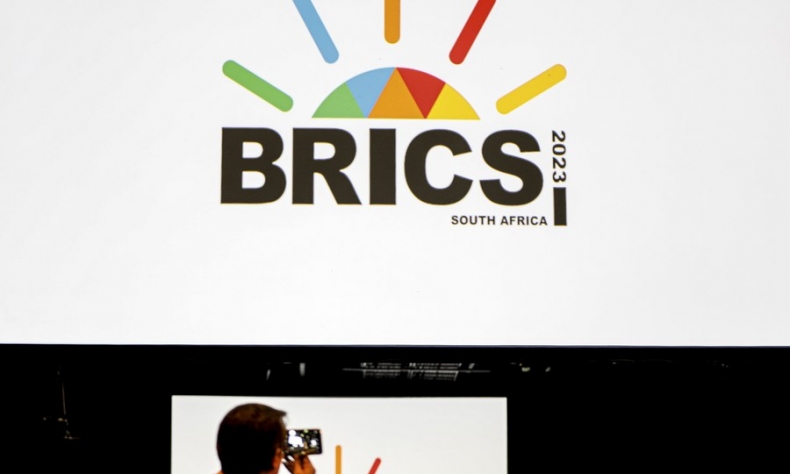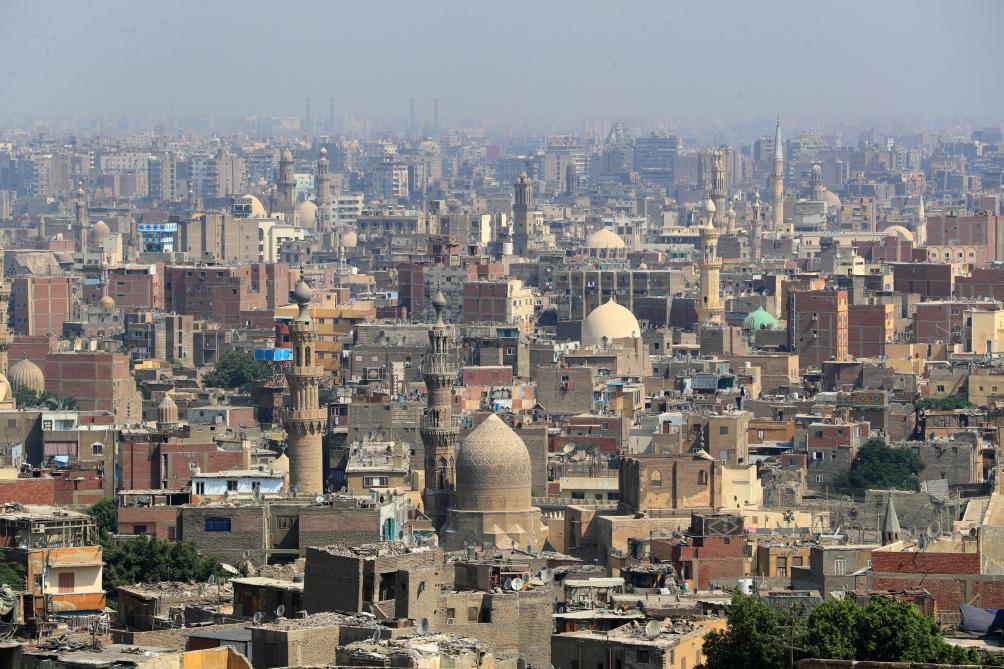Towards Transformative Global Cooperation

The BRICS expansion symbolises a commitment to a new era of global cooperation, where the collective strength of emerging economies and developing countries converges to address the pressing issues of our time.
The dawn of 2024 marked a significant milestone in the geopolitical landscape as Egypt, Ethiopia, Saudi Arabia, Iran and the United Arab Emirates (UAE) officially joined the BRICS grouping. This expansion, the second phase of the growth for the grouping since South Africa’s inclusion in 2011, signals a pivotal moment for the developing world.
As the current chair of the grouping, the Russian Federation is set to host the 16th BRICS Summit in Kazan, the capital city of the Republic of Tatarstan, in October. It will be the first summit of the expanded 10-member bloc, after its expansion in Johannesburg, South Africa, in 2023. Russian President Vladimir Putin announced the theme for the summit to be “Strengthening of Multilateralism for the Purposes of Just Global Development and Security.”
Strength in numbers
The inclusion of Egypt and Ethiopia is indicative of the strength and value of Africa’s unfettered participation, acknowledging the continent’s capacity, capability and abundance. South Africa, one of the leading diversified economic hubs of the continent with a population of around 60 million, Egypt, with 102 million people, and Ethiopia, with 155 million people, are ranked among the top 10 economies in Africa. The immense untapped potential within Africa, which has a youth dividend with 70 percent of the population aged 30 and under, is a factor affecting the BRICS decision. It was also a factor that led to the African Union’s inclusion into the G20.
BRICS, originally established as a grouping of emerging economies and developing nations, has evolved into an important force on the world stage. The recent online extraordinary summit in November 2023, where BRICS leaders advocated for a peaceful resolution of the Palestine-Israel issue, demonstrates the bloc’s growing influence in international diplomacy. With the inclusion of new members, the voices of developing countries within BRICS are poised to resonate even more strongly across the world.
Four BRICS members are among the top 10 of the International Monetary Fund (IMF) members, boasting a combined share of 14.79 percent. The economic prowess of these nations is undeniable, with the GDP of the original five BRICS countries already accounting for 25.77 percent of the world total in 2022. The addition of Egypt, Ethiopia, Saudi Arabia, Iran and the UAE takes the combined GDP of the 10 BRICS members to over 28 percent, further solidifying their impact on the global economy.

Shared interests, mutual benefits
The expansion brings forth new possibilities for cooperation across diverse sectors, including trade, infrastructure construction, energy and investment. The collaborative efforts of BRICS nations are poised to reach unprecedented heights, fostering economic growth and development on a global scale. The expanded grouping sets the stage for enhanced partnerships that transcend regional boundaries, creating a network of shared interests and mutual benefits.
A notable development within BRICS is the rise of the BRICS Plus mechanism, exemplified by over 200 projects, such as the headquarters project of Africa Centres for Disease Control and Prevention (CDC), being promoted under its umbrella. The CDC strengthens Africa’s capacity and capability to prevent, detect and respond quickly to medical emergencies that may arise. This inclusive approach is BRICS’ commitment to fostering collaboration not only within its core members, but also with a broader coalition of nations from the Global South. The bloc has emerged as a trusted partner for cooperation, providing a platform for nations to work together on issues of common concern.
The geopolitical landscape is undergoing a profound shift, and BRICS expansion signifies a departure from traditional power dynamics. As the world grapples with complex challenges, the unity of these diverse nations within BRICS offers a ray of hope for effective and inclusive solutions. The global community should recognise and embrace the positive impact of this expansion, acknowledging the potential it holds for fostering stability, cooperation and sustainable development.
The BRICS expansion effective on 1 January is a transformative step that extends far beyond the borders of the participating nations. It symbolises a commitment to a new era of global cooperation, where the collective strength of emerging economies and developing countries converges to address the pressing issues of our time. As we navigate an ever-changing world, the BRICS grouping stands as a beacon of collaboration, poised to shape the course of international relations in the years to come.
The author is director of Diplomatic Society of South Africa.
 Facebook
Facebook
 Twitter
Twitter
 Linkedin
Linkedin
 Google +
Google +










